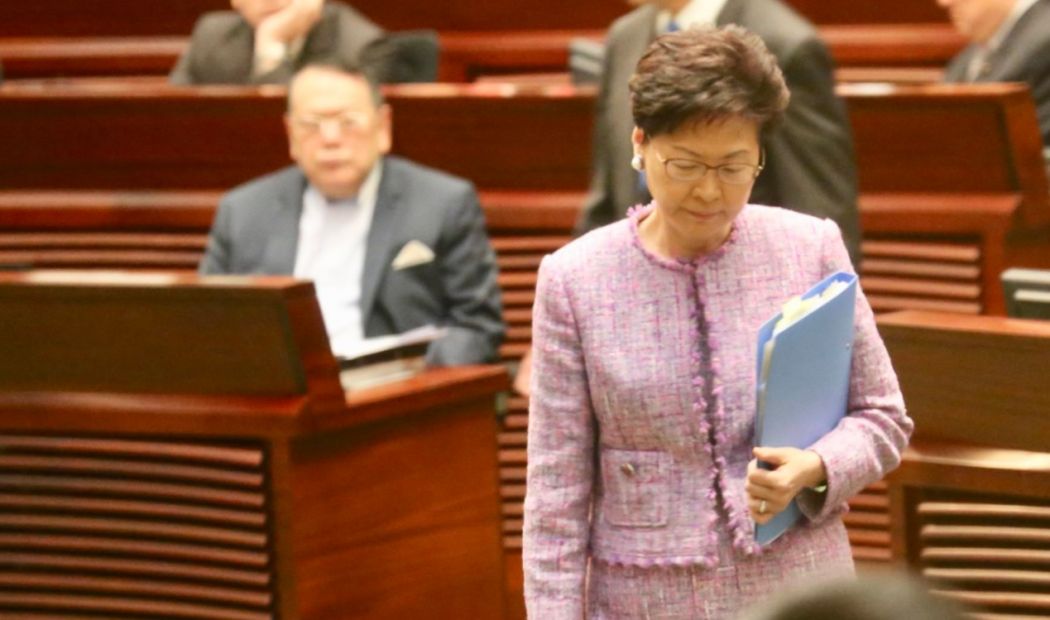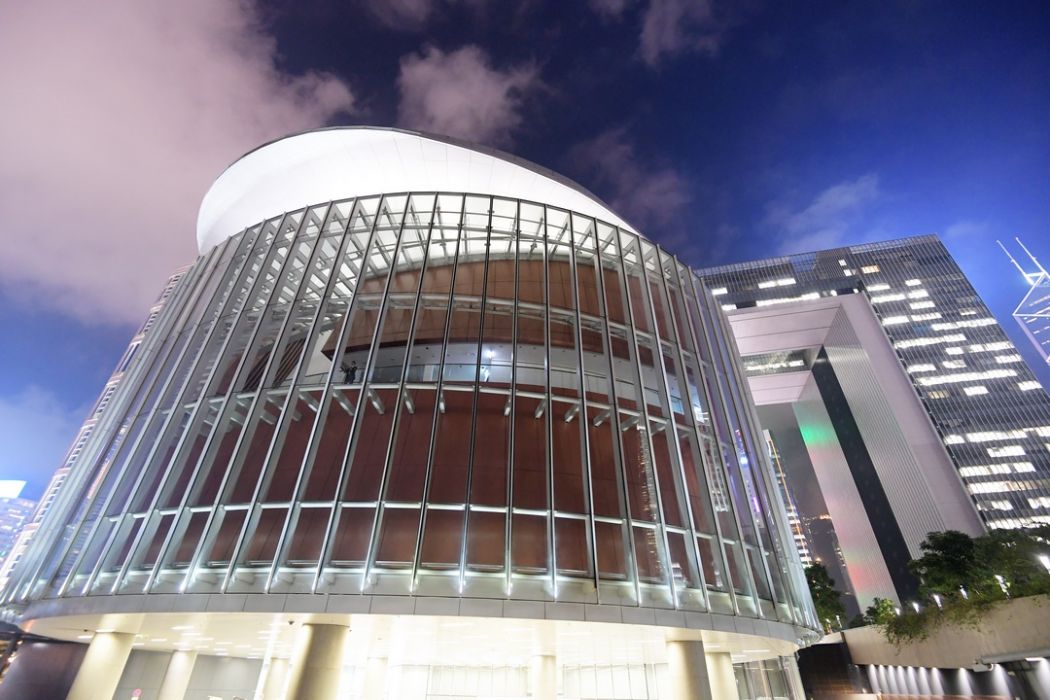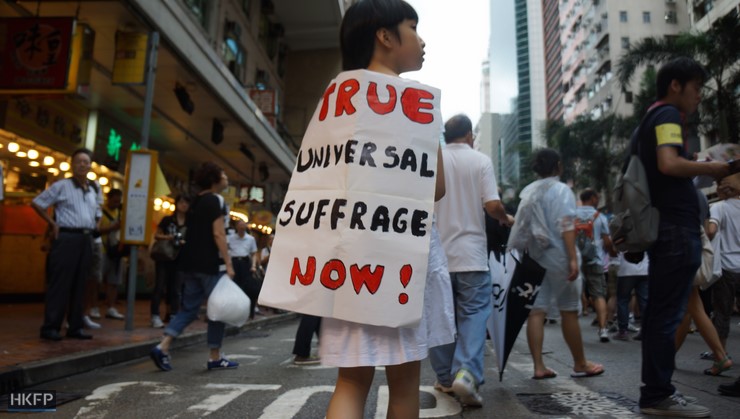The pundits asking for universal suffrage in Hong Kong have missed the point: They should be pushing for legislative council elections and not that of the Chief Executive (CE).
The CE does not make laws or run the day to day affairs of Hong Kong. The post is merely the link between this Special Administrative Region of China and the Central Government. So, it doesn’t matter if the CE is elected or appointed to this high post.

The real power belongs to the people: Hong Kong people ruling Hong Kong, but the pundits are too blind to see it. It is only the Legislative Council which can enact laws in Hong Kong and be the watchdog over the Administration.
Currently, the 70 seats in the Legislative Council are split between those voted in by geographic constituents and those by the functional constituencies. Those voted in by one-man-one-vote are regarded as being in the democratic camp and the others as in the establishment camp.
The chance of further progress was lost in 2015 when the Legislative Council vetoed Beijing’s proposal for the election of the Chief Executive, mainly due to the stupidity of the pro-establishment camp (34 votes), who walked out of the chamber while voting was in progress to wait for an absent member. If all had been present, the voting would have hinged on just one vote to secure a two-thirds majority.

The 2014 Beijing proposals for democratic development in Hong Kong allowed for the entire legislature to be voted in by universal suffrage – one-man-one-vote, thus eliminating the functional constituencies. In January, the Secretary for Constitutional Affairs Patrick Nip quoted Beijing’s 2014 ruling as stating that “after the election of the CE by universal suffrage, the election of all the members of the LegCo of the HKSAR may be implemented by the method of universal suffrage.”
That means all four million registered voters in Hong Kong could have voted for their representative in the Legislative Council. When this occurs, Hong Kong will become far more politicised, as legislators vie to appease their supporters to keep their seats.
But the pundits have become stuck on the CE elections. They argue that the requirement in the CE election proposal for 50 per cent of nominations is unfair and allows only one or maybe two candidates for the job, making it more difficult for a democrat to be CE.
That doesn’t matter. The CE has to be approved and appointed by Beijing. Even in the colonial days, the Governor was appointed by Whitehall without consultation with Hong Kong people. There is absolutely no difference between then and now. Both Governor and Chief Executive report to their sovereign heads.

Except, now, there is democracy in Hong Kong. It may not be to everyone’s liking, but it is a step in the right direction. Arguing and demonstrating against the CE election is fruitless and only defeats the drive for a fully elected legislature.
Correction 13:05: A previous version of this op-ed incorrectly referred to Article 43 of the Basic Law.
Kong Tsung-gan‘s new collection of essays – narrative, journalistic, documentary, analytical, polemical, and philosophical – trace the fast-paced, often bewildering developments in Hong Kong since the 2014 Umbrella Movement. As Long As There Is Resistance, There Is Hope is available exclusively through HKFP with a min. HK$200 donation. Thanks to the kindness of the author, 100 per cent of your payment will go to HKFP’s critical 2019 #PressForFreedom Funding Drive.

